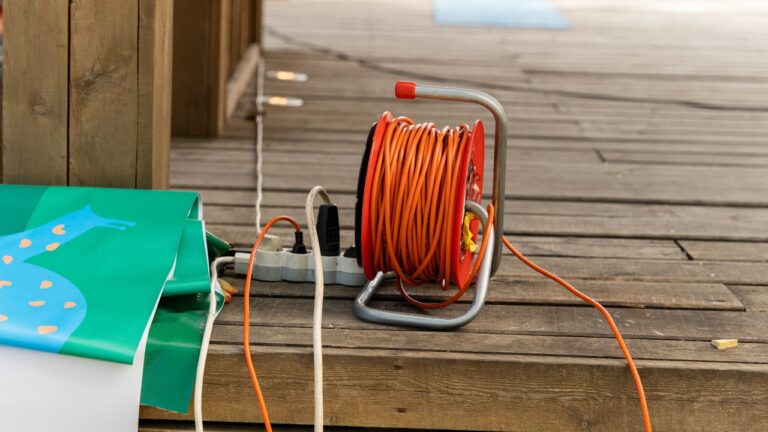10 Ways People Ruin Their Mower Before Summer’s Over
If you treat your mower like it’s indestructible, you’re going to be buying parts—or a new one—sooner than you want. Most mower damage comes from avoidable mistakes, and once summer hits, you need that thing running right. Here’s how people mess theirs up faster than they realize.
Mowing When the Grass Is Wet

You might think you’re getting ahead of the heat, but cutting wet grass is hard on your mower. It clumps, bogs down the blade, and sticks to everything. That moisture builds up fast under the deck and can lead to rust or mold.
Wait until things dry out, even if it means mowing in the evening. You’ll get a cleaner cut, and your mower won’t have to work as hard.
Letting the Deck Fill With Gunk

If you never clean underneath your mower deck, it’s going to choke. All that packed-on grass traps moisture, rusts the metal, and dulls your blades way faster than you think. It also messes with airflow, which affects how evenly your mower cuts.
Scrape it out regularly—especially after wet or tall grass. It takes five minutes, and it’ll make your whole machine last longer.
Ignoring the Oil Level

Running your mower low on oil—or with old oil—is a good way to burn up the engine. Most people don’t think to check it until something sounds off, and by then it’s already done some damage.
Make it a habit to check your oil before every mow. It’s easy, it’s fast, and it keeps your mower from turning into scrap.
Letting the Blades Stay Dull

Dull blades don’t cut—they rip. That leaves your grass frayed and your engine working harder. Plus, it’s not good for the lawn itself. Torn grass is more likely to dry out, disease, and look patchy.
Sharpen your blades every 20–25 hours of mowing or whenever the grass starts looking ragged after a pass. Don’t wait for it to be obvious.
Mowing Over Sticks and Rocks

You might not see the damage right away, but those hidden sticks, rocks, and chunks of debris can bend blades, crack decks, and break belts. Even small stuff can wreak havoc if it hits the right spot.
Walk your yard or at least keep an eye out while mowing. One good thud from a hidden brick and you’ll be looking at a repair bill.
Running Low-Quality Fuel

Using old gas or cheap fuel with too much ethanol can gum up the carburetor and clog filters. You don’t have to spring for premium, but you do need clean, fresh fuel—especially if your mower sits between cuts.
Add a fuel stabilizer if your gas will be sitting a while. And always drain it out before winter hits.
Never Replacing the Air Filter

Your mower’s air filter does more than keep dirt out. It helps the engine breathe. A clogged or dirty filter makes it run hot and slow, burning through more gas and putting stress on the motor.
Check it every month or so during the season. If it’s full of dust or grass, swap it. They’re cheap and easy to change.
Overloading the Bag

Stuffing the grass bag to the brim might feel efficient, but it’s a bad habit. It puts extra strain on the mower’s suction system and can lead to clogs or even tears in the bag itself.
Empty it when it’s 3/4 full and keep airflow moving. You’ll make cleanup easier, and your mower will thank you.
Pushing It Hard on Hills

Trying to mow steep slopes with a basic push or ride-on mower is a recipe for gear strain, belt slips, and engine overheat. If your property isn’t flat, you need to mow smarter.
Go slow, work at an angle, and don’t overdo it. And if your mower’s not built for inclines, you might need to rethink the equipment altogether.
Skipping End-of-Season Maintenance

Once summer ends, most people park the mower and forget about it. That’s how gas goes stale, batteries die, and parts seize up over winter. Then spring rolls around, and nothing starts.
Drain the gas, sharpen the blades, and give it a quick once-over before storing. Ten minutes now can save you hours—and a lot of swearing—next year.
*This article was developed with AI-powered tools and has been carefully reviewed by our editors.







